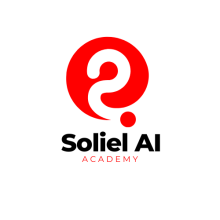Natural Language Processing (NLP)
This course provides a comprehensive introduction to Natural Language Processing, covering fundamental concepts, popular techniques, and real-world applications. Learners will gain the skills to process, analyze, and understand human language using computational methods.
English
Last updated
Sat, 13-Sep-2025










